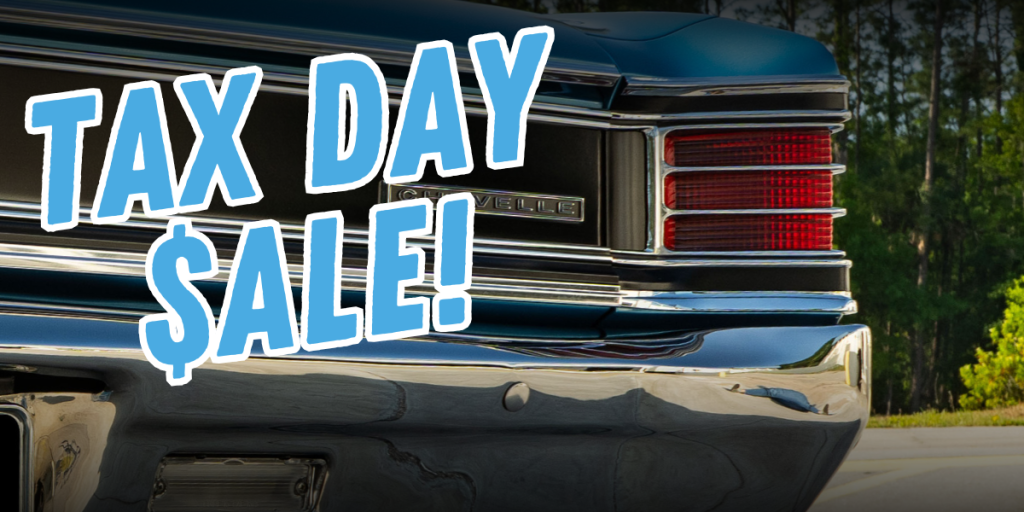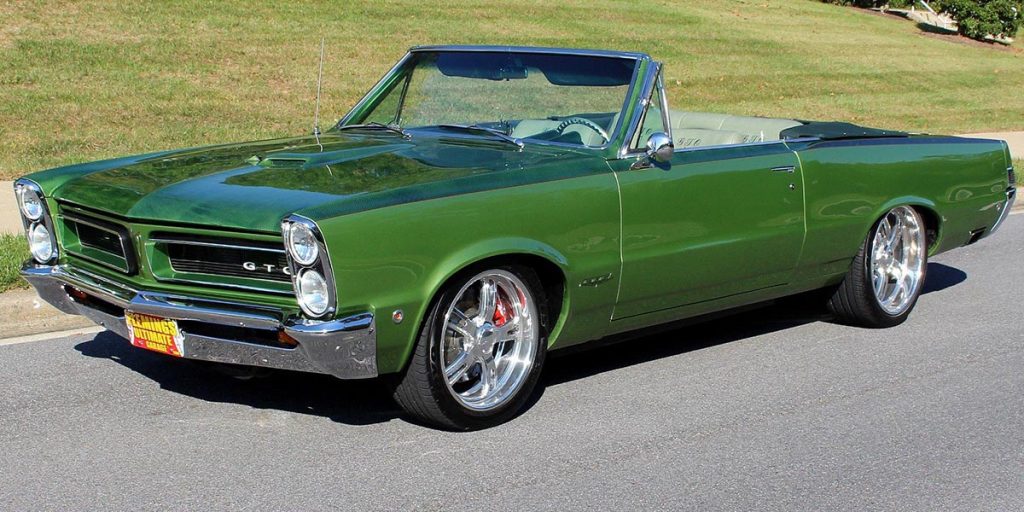Avoiding Social Media Scammers
If you’re like us, you’re in a few different Facebook groups and maybe even follow some profiles on Instagram. They are a great place to bench race and find out information, and even get some deals on parts. However it’s becoming more and more common that these deals aren’t deals at all, they are a scam. How do you spot a scammer and make sure you keep your valuable cash?
Their Facebook Username
First and foremost, look at their name and profile. Is it a new profile? That’s a red flag. The name itself should sound familiar as well. One trick we’ve seen is where the name is something like “Chevelle spare parts.” This is almost guaranteed a scammer.
Go through their profile. Who are they friends with? Is there a profile picture? Do they post pictures regularly? If it looks fishy, then it’s most likely a scammer.

Turn Off The Comments, Tag Everyone
These scammers join all these groups. They won’t contribute to the conversation, only put parts up for sale. What they generally do is post a group of parts for sale, tag everyone in the group, and then turn off comments. The reason is this pings everybody, but you can’t comment and warn others it’s a scam. If you have to directly message them, it’s a scam.
Reverse It!
When they post photos, they don’t use stock photos. They find pictures of parts in a garage, or opened in the box, things like that. This makes you think they actually have the part – but they don’t. If you think they might, ask them to take a photo with the part holding up a certain number of fingers or have a note with some obscure word written on it.
Another tactic we’ve used is Google Image Search. If you go to Google.com, in the search bar on the right there’s an image of a camera. Click that and you can drop pictures in there. Google will search the internet for that photo. More often than not, it will show you the exact photo the scammer has posted. See where that picture is also posted and that will tell you a story.

No Recourse Payments
Another tactic these scammers will use is certain payment methods. They won’t allow you to show up in person with cash. They want payment ahead of time and over the internet.
There are plenty of reputable online payment services such as PayPal, Zelle, Venmo, etc. However, some offer protection for you as a buyer and others don’t. For example, Zelle is like a wire transfer; once the money is sent there’s no undoing it. PayPal has both options. If they require you to send it as ‘Family and Friends’ to avoid fees, then there’s no recourse if you don’t get your parts. You need to select that you’re buying goods and services for that protection.

Too Good To Be True
At the end of the day the old saying, “Too Good To Be True” is something to think about. These scammers will have parts at a heavily discounted rate. For example, they might have a pair of reupholstered bucket seats for $500, something that should easily sell for $1000 or more. They will also only offer shipping and no pick-up.
What’s the best way to avoid these scammers? Buy from a reputable company, such as Ground Up. We’ve been in business since 1990! You can call us and speak to a real live person. We haven’t stayed in business this long by scamming people – we are here to help you with your ride – visit SS396.com to get started or give our friendly techs a call at (203) 235-1200!




